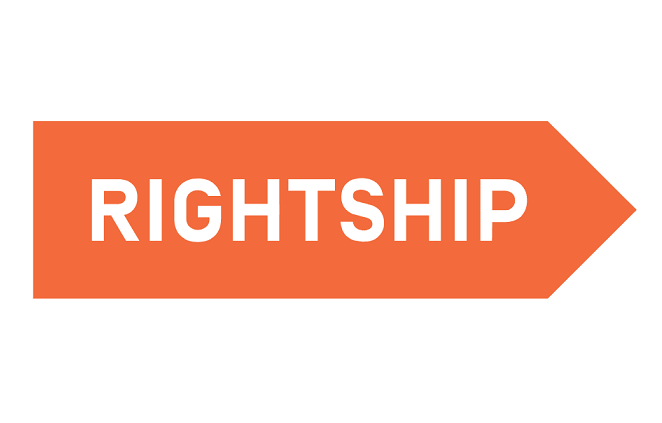RightShip, a leading third-party risk assessment and due diligence organisation serving the ship-borne commodities industries, launches an expanded and enhanced toolset for monitoring, measuring, and benchmarking shipping-related greenhouse gas (GHG) emissions.
RightShip’s Carbon Accounting Reporting Tool builds on its existing expertise in Carbon Accounting, supplied to charterers as well as freight forwarders for the last five years, by providing companies with a bespoke reporting tool that measures, monitors and benchmarks a company’s GHG emissions over defined periods.
This development in reporting technology comes at a time when bulk commodity producers throughout mining and oil and gas, freight forwarders, traders and investors are under growing pressure to demonstrate reductions in their Scope 3 emissions – of which shipping constitutes a major part. In fact, Scope 3 emissions constitute as much as 88% of oil and gas sector emissions, rising to 95% for the mining sector. This pressure comes from multiple directions, including regulators and governments, consumers via the supply-chain, and investors via more stringent environmental, social and governance (ESG) reporting and performance requirements.
For those industries reliant on ocean-trade, the enhanced reporting capabilities from RightShip means that once the calculations have been made, carbon outputs and key emissions hotspots can be identified and used to establish attainable paths to emissions reduction.
Users also benefit from vessel, cargo and route type filters, supplier comparisons and vessel performance metrics to make informed sustainability decisions and set intelligent ESG strategies. This provides ocean-reliant industries with a technology-rich, best-in-class method for emissions tracking and reporting, while also de-mystifying the logistics selection process.
Kris Fumberger, Head of Sustainability and the Environment at RightShip, comments: “We’re seeing leaders in the energy and raw materials sectors outpacing the regulation, looking for ways to make more significant GHG reductions across their operations. To do that, they need data. And not just any data: they need detailed, comprehensive and accessible data across a rich variety of metrics to identify emission hotspots in their operations and opportunities to improve. This is too complex a task to go into blind – and that’s where the Carbon Accounting Reporting Tool comes in.
“The maritime industry – and by extension the commodity industries reliant upon it – have a steep hill to climb to meet the IMO’s target of 50% emissions reductions by 2050. And when you consider this isn’t ambitious enough to achieve the Paris Agreement framework to limit global warming to 1.5°C, that hill looks more like a mountain. If we’re really serious about climate change, we need to continue to deliver the tools that foster data reporting and transparency to the industries that need them the most and use the insights and learnings to start making improvements today.”
The Carbon Accounting Reporting Tool has been integrated into the existing RightShip platform, so that customers can access GHG insights, vessel vetting and inspections data in one location, in-line with the company’s commitment to a zero-harm maritime industry. Design emphasis has been placed on specificity and accessibility: data is filterable by bespoke customer requirements to ensure maximal relevance for each company, and is presented accessibly so as to be as useful as possible. The user is provided with GHG summary data visualisations and automatically generated insights, plus easy-to-read graphs which profile selected vessel performances, aligning with the Sea Cargo Charter methodology.
Source: Hellenic Shipping News






